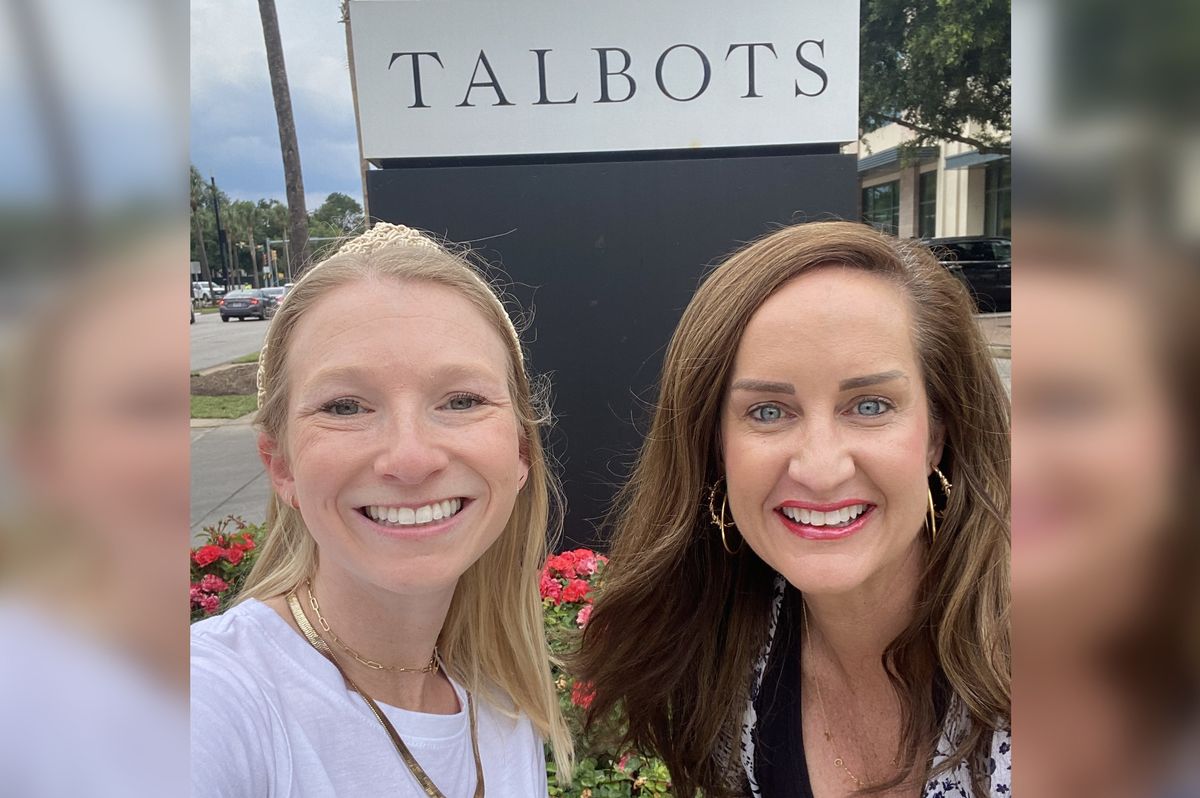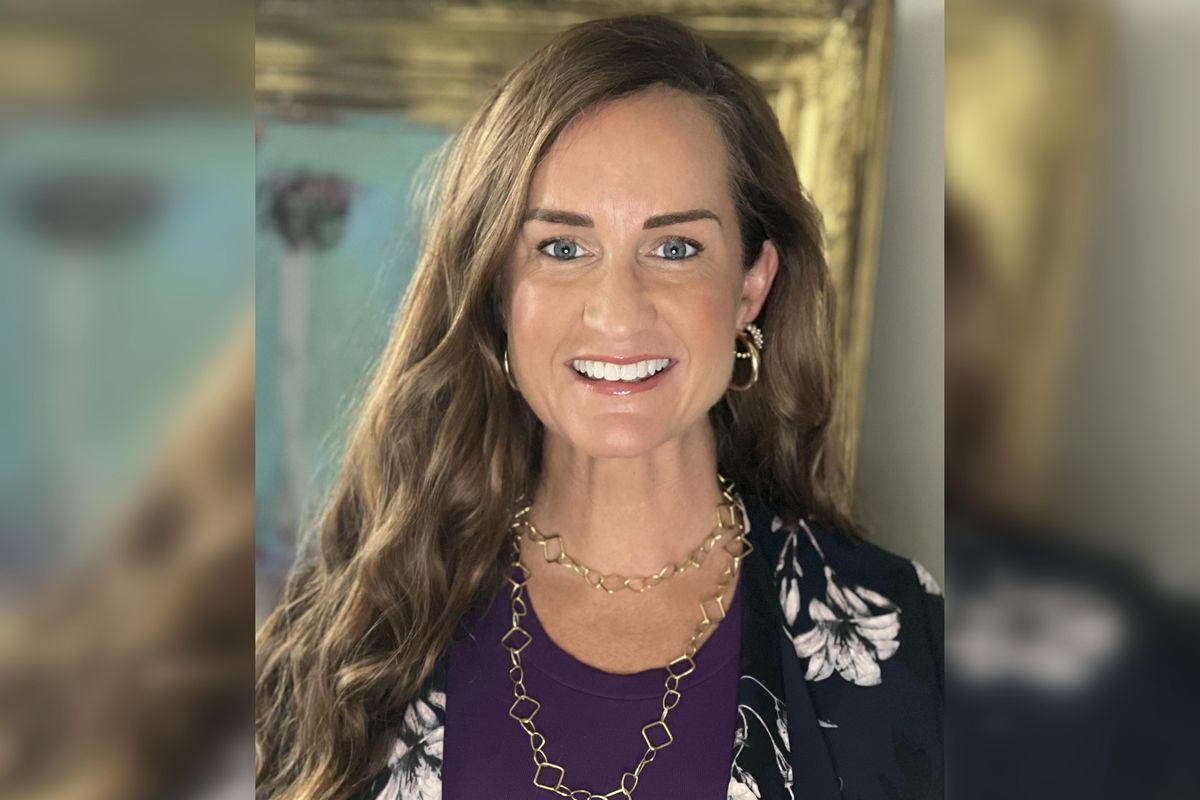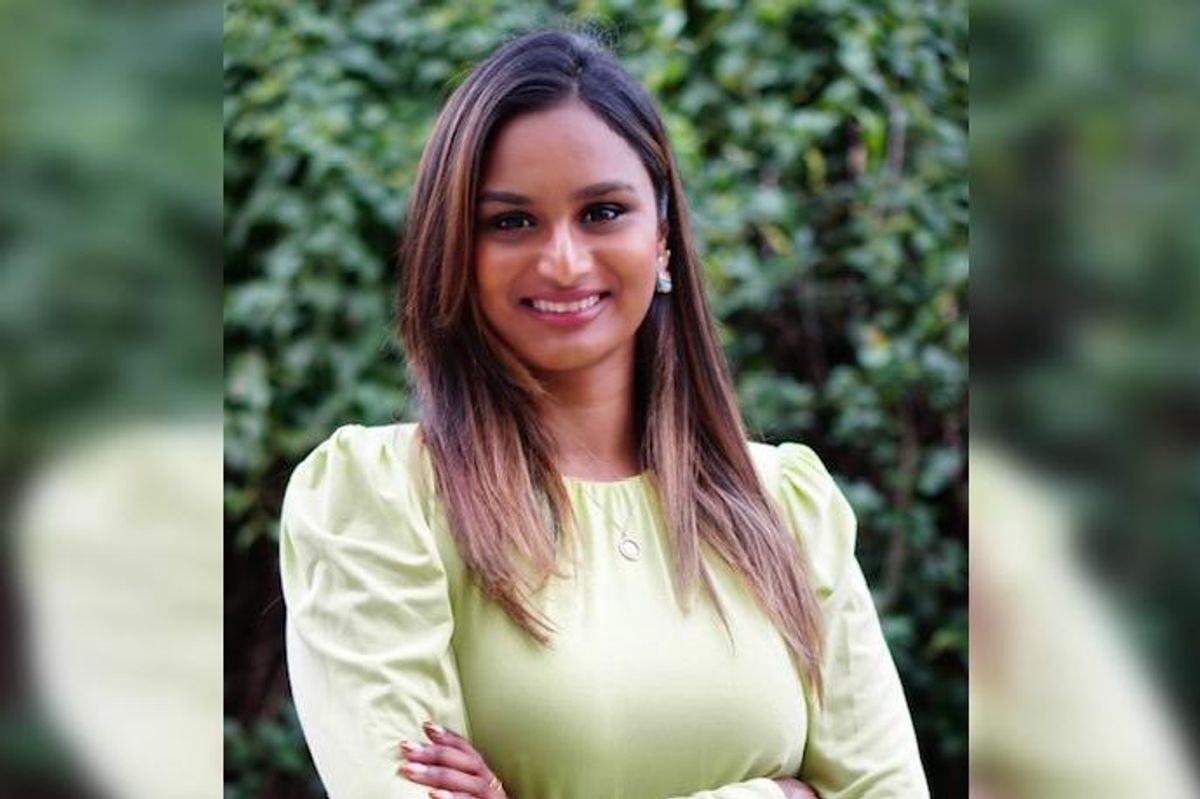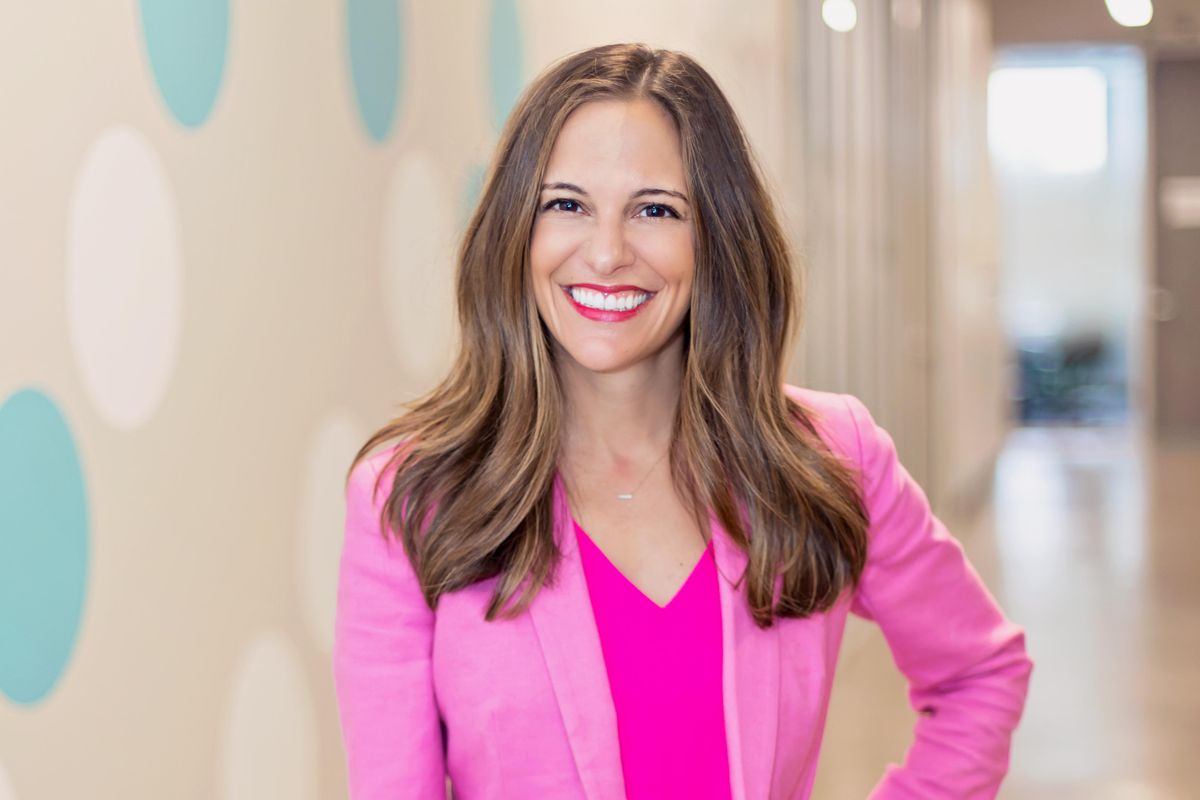Editor's note: With 2020 in the rearview, InnovationMap is looking back on the top stories of the year. With over 60 episodes of the Houston Innovators Podcast and about half of those being recorded in 2020, here are the top episides from the year.
Chris Buckner, co-founder and CEO of Mainline
![]()
With sports went offline, esports startup Mainline saw an opportunity for growth during the COVID-19 outbreak. Photo courtesy of Mainline
What happened when collegiate sport stadiums shut down and seasons were postponed? People started to turn to esports to get their competitive fix. And Houston-based esports tournament software company Mainline saw a huge boost to business.
"Everyone is looking for how to get sports, or esports, in front of people because everyone is just missing [sports] so much," Chris Buckner, co-founder and CEO of Mainline, says in a June episode of the Houston Innovators Podcast. "We've been very fortunate to work in the industry we do."
On campuses this past spring, colleges are looking for a way to connect with and engage students, Buckner says. And, Mainline has even been able to attract interest on the professional level.
"Our June will pretty much be the best month of our company, and a lot of that is driven by the fact that everyone is looking for a digital solution rather than an in-person solution," Buckner says.
Read more and stream the podcast episode here.
Fiona Mack, head of JLABS @ TMC
![]()
Fiona Mack joined JLABS @ TMC as head of the incubator. Photo courtesy of JLABS
Last year, JLABS @ TMC — a local health tech startup incubator under the Johnson & Johnson arm — welcomed Fiona Mack as the new head of the program. On her plate was assessing the needs of the incubator's 49 member companies in the portfolio and understanding the needs of the Texas innovation ecosystem.
"As I learn more about the history of life science sector in Texas, over the past 20 years there has been an impetuous to build up this critical mass of companies here to really make it a strong hub that competes with the energy sector to make it a pillar of the economy here," Mack says in a November episode of the Houston Innovators Podcast.
One of the things that's top of mind for Mack is a focus on diversity — both from an entrepreneurship and a representation standpoint.
"From a research perspective, there's a strong effect of having a lack of diversity in a lot of the metrics we're looking at," she shares.
Read more and stream the podcast episode here.
Joe Alapat, CEO of Liongard
![]()
Joe Alapat is the CEO of Houston-based Liongard, which just raised a $17 million series B round. Courtesy of Liongard
Despite a pandemic that at least in some ways negatively affected venture capital investment, a Houston software startup managed to persevere with a $17 million series B. Liongard's CEO Joe Alapat, who co-founded the company with COO Vincent Tran in 2015, says in a May episode of the Houston Innovators Podcast that the round was the result of ongoing relationships with advisers and investors that meant a successful round — even in light of a pandemic.
In the episode, Alapat also shares his advice for Houston startups looking to tap into the Houston innovation ecosystem — something he's watched grow over the past five years. Now, he says, when it comes to new startups in Houston, "the waves are hitting the shore."
"Houston has always been an entrepreneurial city, and this is just that next stage," Alapat says on the episode. "For me, it's the technology side that excites me even more to see technology companies really succeeding."
Read more and stream the podcast episode here.
Megan Eddings and Amanda Cotler of Accel Lifestyle
![]()
Megan Eddings and Amanda Cotler of Accel Lifestyle joined the Houston Innovators Podcast to share how they made the pivot from making T-shirts to face masks. Photos courtesy
For years, Megan Eddings, founder and CEO of Accel Lifestyle, worked on perfecting the perfect antibacterial fabric for an anti-stink athletic clothing line, but it only took her a few weeks to pivot toward using the material to make masks.
On a May episode of the Houston Innovators Podcast, Eddings and Amanda Cotler, director of operations, shared the story of how this pivot came to be and how they saw the Center for Disease Control was recommending wearing bandanas and cloth when face masks weren't available, they had an epiphany.
"Megan and I read that and immediately hopped on a call with our team," Cotler says. "We had a realization with our antibacterial fabric that a face mask made from it would be so much cleaner."
Within 24 hours, the duo had a sample in their hands, and they had 14,000 yards of their Prema fabric being shipped from California to Houston, where they had managed to find 60 local sewers ready to start making the masks.
Now, with the Houston workforce making moves to return to the workplace, Eddings says she's seen an increased interest in corporations wanting custom masks with the company logo on it for their employees.
Read more and stream the podcast episode here.
Durg Kumar and Allen Bryant, partners at Knightsgate Ventures
![]() Houston-founded venture capital firm heads into second fund focused on social impactDurg Kumar (left) and Allen Bryant, partners at Knightsgate Ventures, join the Houston Innovators Podcast to discuss their second fund. Photos courtesy
Houston-founded venture capital firm heads into second fund focused on social impactDurg Kumar (left) and Allen Bryant, partners at Knightsgate Ventures, join the Houston Innovators Podcast to discuss their second fund. Photos courtesyDurg Kumar founded Knightsgate Ventures in order to find and fund startups with a social impact and a profitable business strategy. The Houston-based firm was founded in Houston and has since expanded to add a New York partner, Allen Bryant, to the operation. The duo joined the Houston Innovators Podcast in November.
"For a very long time, there was a perceived trade off between social returns and financial returns," Bryant says on this week's episode of the Houston Innovators Podcast. "What we are seeing now is that's really not the case. You actually have businesses that are bringing impactful change and those businesses are propelled by that."
The VC's first fund invested in six startups — including Houston-based Voyager — and is now heading into its second fund. Kumar says the first fund's success was in part due to his network. Now heading into the second go around, Knightsgate's network has grown with the addition of Bryant.
The end of the year, Kumar and Bryant were focused on helping their portfolio startups focus on the next year.
"Now's a good time to retrench and focus on building product," Kumar says, "so that in 2021 when travel restrictions ease, then you've got your refined product to go out and take it to the customers."
Read more and stream the podcast episode here.
Joy M. Hutton, local leader of the Grow with Google in Houston
![]()
Joy M. Hutton leads the Grow with Google in Houston. Photo courtesy of Google
In November, when Google announced it was expanding its Grow with Google Digital Coach program to Houston, Joy M. Hutton was named the local leader. The entrepreneur and business consultant is hoping to help provide important business resources to entrepreneurs just like herself.
"In Houston, you have a lot of different resources that weren't available to startups before just within the past few years, and I think that's huge," Hutton says in a December episode of the Houston Innovators Podcast. "Being more inclusive with people who need the resources who haven't traditionally had access to those resources is a big initiative. I personally am proud to be a part of that."
Hutton specifically calls out resources like MassChallenge and Founder's Institute — both of which she serves as a mentor for — as well as DivInc, gBeta, and of course the Grow with Google program. To get involved, Houston entrepreneurs can head online to learn more and keep an eye out for monthly classes online — and hopefully, in the future, in person events as well.
Read more and stream the podcast episode here.
Kyle Judah, executive director of Rice University's Liu Idea Lab for Innovation and Entrepreneurship
![]()
Kyle Judah joins the Houston Innovators Podcast to discuss his new role. Photo courtesy of Lilie
When Kyle Judah accepted his position as executive director at Rice University's Liu Idea Lab for Innovation & Entrepreneurship, he had spent less than 48 hours in the city of Houston. In fact, his first two months in the role have been spent completely remote and out of town.
Still, his limited in-person interaction with the city and with Rice made an impact.
"One of the things I found so exciting about what's going on in Houston right now that, quite frankly, was incredibly attractive about the opportunity to come and join Lilie and Rice was that Houston has these big pillar companies in energy and health care and all these critical areas that the world, the economy, and the society needs," Judah says in a September episode of the Houston Innovators Podcast. "That's all in Houston right now."
Judah and Lilie's goal is to help identify the innovation happening on campus at Rice and bring it to the world. And, he says, Rice as a whole has a huge place in the greater Houston innovation ecosystem. The challenge is identifying what industries Houston and Rice have an opportunity to disrupt.
"We can't just copy and paste what works for the Bay Area or what works for Boston," he says. "We have to figure out what is going to be the authentic right sort of centers of excellence for Rice and for Houston — areas like energy, health care, space. It just so happens that these areas that Houston and Rice have historically done better at than anyone else — those happen to be the most grand challenges for all of humanity."
Read more and stream the podcast episode here.






 Omair Tariq's Cart.com raised a big round this week. Photo via Cart.com
Omair Tariq's Cart.com raised a big round this week. Photo via Cart.com Amanda Cotler and Megan Eddings of Accel Lifestyle are celebrating a big win for their company. Photo courtesy
Amanda Cotler and Megan Eddings of Accel Lifestyle are celebrating a big win for their company. Photo courtesy








 Houston-founded venture capital firm heads into second fund focused on social impactDurg Kumar (left) and Allen Bryant, partners at Knightsgate Ventures, join the Houston Innovators Podcast to discuss their second fund. Photos courtesy
Houston-founded venture capital firm heads into second fund focused on social impactDurg Kumar (left) and Allen Bryant, partners at Knightsgate Ventures, join the Houston Innovators Podcast to discuss their second fund. Photos courtesy
